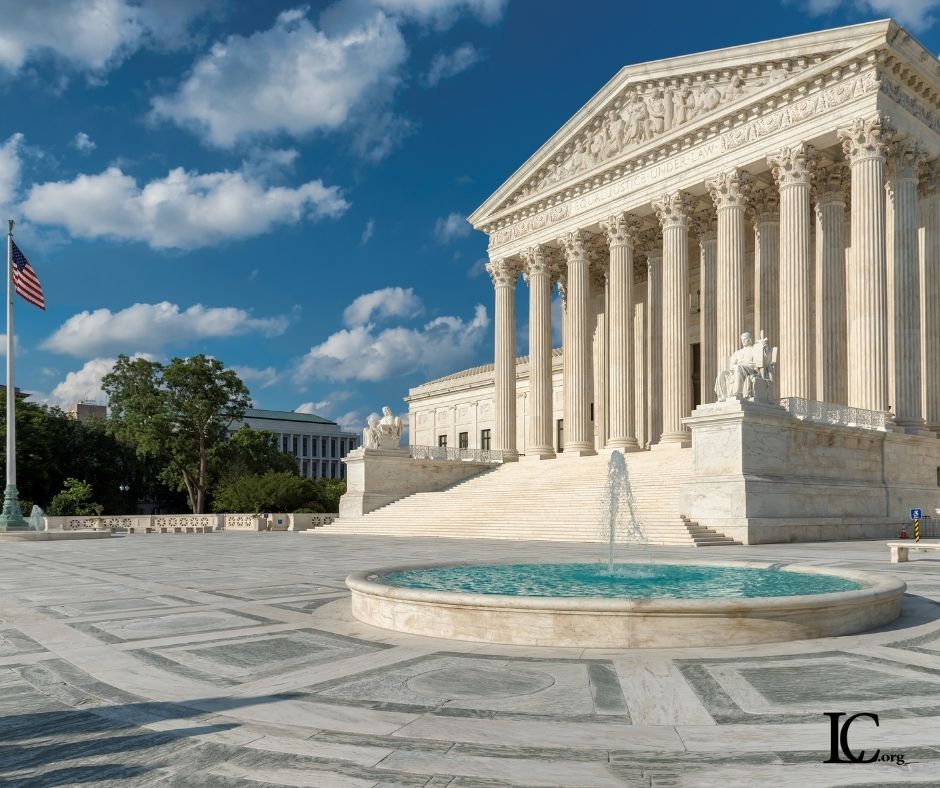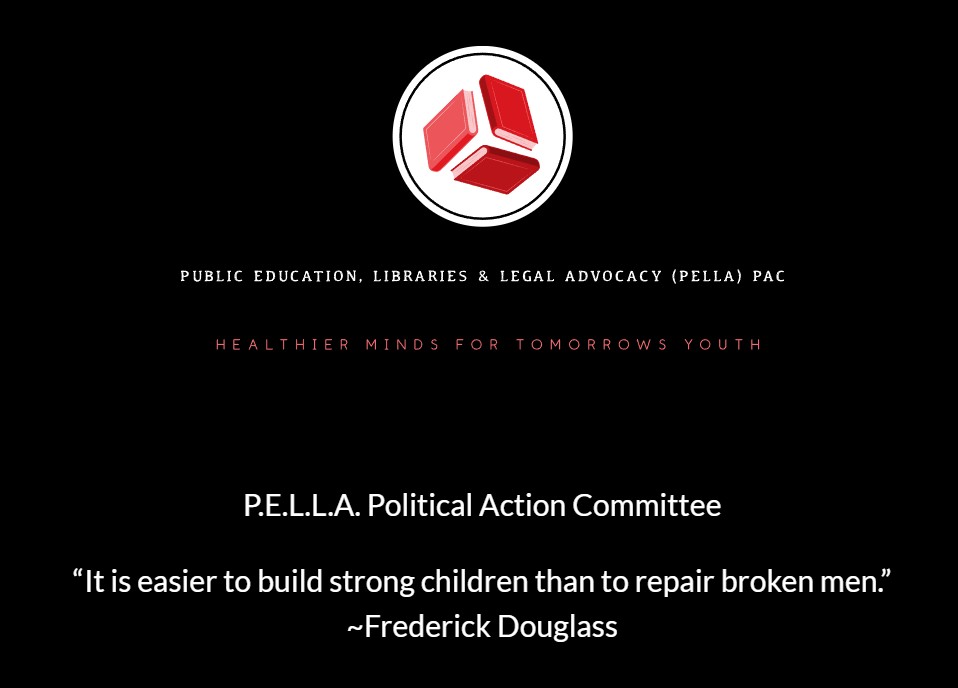Today, the U.S. Supreme Court decided to dismiss two consolidated cases in Moyle v. United States and Idaho v. United States and send them back to the Ninth Circuit Court of Appeals which has not yet had a chance to hear arguments or decide on the merits of the dispute. In the absence of a Ninth Circuit decision, the High Court dismissed the cases as “improvidently granted,” or mistakenly granted. The decision, issued without a vote, leaves a preliminary injunction in place that allows emergency abortions in Idaho despite the state’s near-total abortion ban.
The question before the High Court was whether the 1986 Emergency Medical Treatment and Labor Act (EMTALA) preempts Idaho’s abortion ban when a woman’s reproductive health, not just life, is in danger. The decision keeps Idaho’s abortion ban in effect except in medical emergencies.
The case involves Idaho’s “Defense of Life Act,” which makes it a felony for doctors to perform an abortion unless it’s necessary to save the life of the mother. Soon thereafter, the Biden administration sued the State of Idaho arguing EMTALA trumps the state’s abortion law and requires doctors to perform abortions under a broader set of exceptions than just to preserve the life of the mother. Secretary Xavier Becerra of the U.S. Department of Health and Human Services (HHS) issued policy guidance in July 2022 to hospitals stating that state abortion laws with more narrow exceptions than EMTALA are “preempted,” and that physicians “must” perform an abortion if they feel abortion is “the stabilizing treatment necessary” to resolve an emergency medical condition. Under the guidance, hospitals could lose federal funding for failing to perform abortions.
Ultimately, the Court dismissed the case due to “evolving” constitutional questions and that arguments on both sides continue to develop, all the while the Ninth Circuit has not yet had the chance to decide the merits.
The Court wrote, “A grant of certiorari before judgment…was a miscalculation in these cases, because the parties’ positions are still evolving. The United States has clarified that EMTALA’s reach is far more modest than it appeared when we granted certiorari and a stay. Idaho law has materially changed since the District Court entered the preliminary injunction, and, based on the parties’ arguments before us, it seems that the framing of these cases has not had sufficient opportunity to catch up.”
The Court also noted that Idaho’s arguments at this stage “did not justify” emergency relief or early consideration, so the dismissal allows litigation to proceed in a “regular” fashion.
The Court stated with the preliminary injunction in place, Idaho’s abortion ban “remains almost entirely intact.”
Justices Samuel Alito, Clarence Thomas, and Neil Gorsuch dissented. Authoring the dissent, Justice Alito stated that the Court’s “about-face” to dismiss the case made little sense considering the Court had exhaustive information on the arguments.
“This about-face is baffling,” wrote Justice Alito. “And the underlying issue in this case – whether EMTALA requires hospitals to perform abortions in some circumstances – is a straightforward question of statutory interpretation. It is squarely presented by the decision below, and it has been exhaustively briefed and argued. In addition to the parties’ briefs, we received 46 amicus briefs, including briefs submitted by 44 States and the District of Columbia; briefs expressing the views of 379 Members of Congress; and briefs from prominent medical organizations. Altogether, we have more than 1,300 pages of briefing to assist us, and we heard nearly two hours of argument. Everything there is to say about the statutory interpretation question has probably been said many times over.”
“That question is as ripe for decision as it ever will be,” wrote Justice Alito.
Justice Alito also emphasized that EMTALA specifically charges hospitals receiving federal dollars to protect the health of both a pregnant woman and her unborn child.
“The Government’s preemption theory is plainly unsound. Far from requiring hospitals to perform abortions, EMTALA’s text unambiguously demands that Medicare-funded hospitals protect the health of both a pregnant woman and her ‘unborn child,” wrote Justice Alito. “Thus, regardless of whether a hospital chooses to treat or transfer a pregnant woman, it must strive to protect her ‘unborn child’ from harm.”
Justice Alito frankly summarized the Court’s dismissal by stating, “Apparently, the Court has simply lost the will to decide the easy but emotional and highly politicized question that the case presents. That is regrettable.”
Liberty Counsel Founder and Chairman Mat Staver said, “The Supreme Court’s order means that the case returns to the Ninth Circuit to be decided on the merits there. Idaho’s abortion ban currently remains in place except for emergency room situations. EMTALA requires doctors to treat both a pregnant woman and her unborn child, so this so-called requirement to perform abortions in emergency situations is another lawless act of the Biden administration that should be struck down.”
















